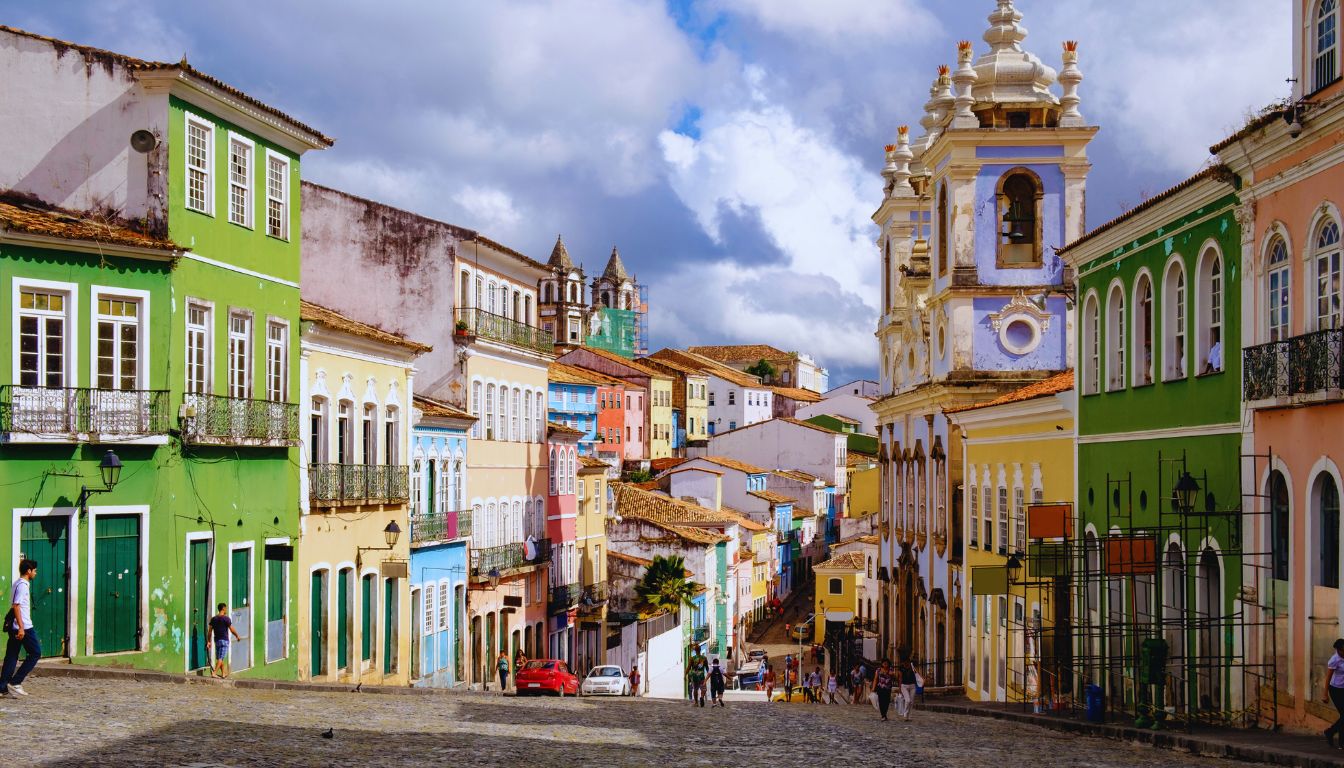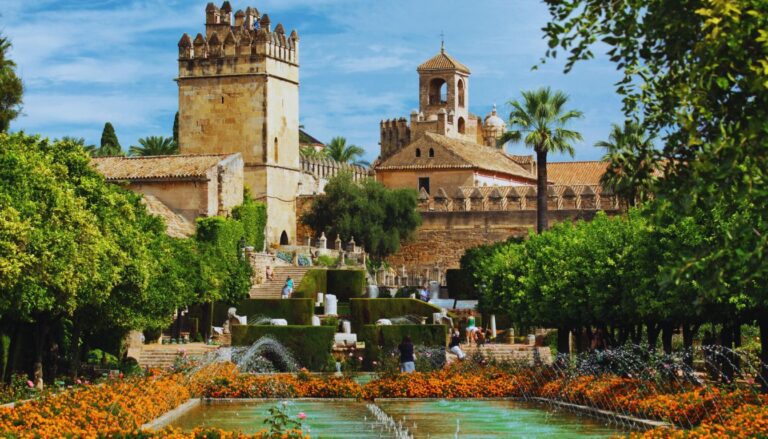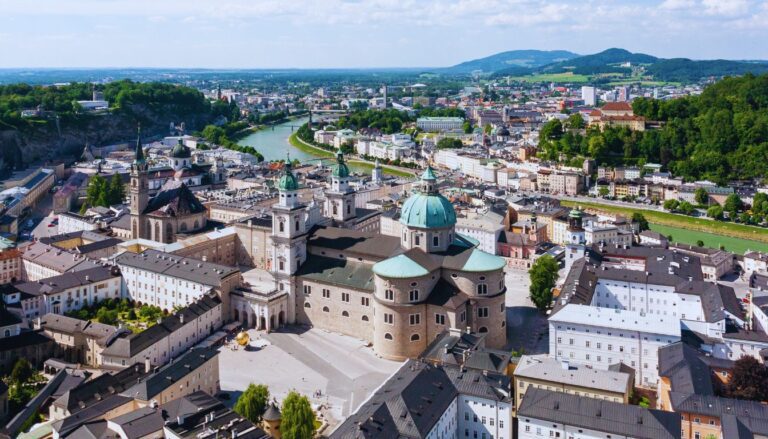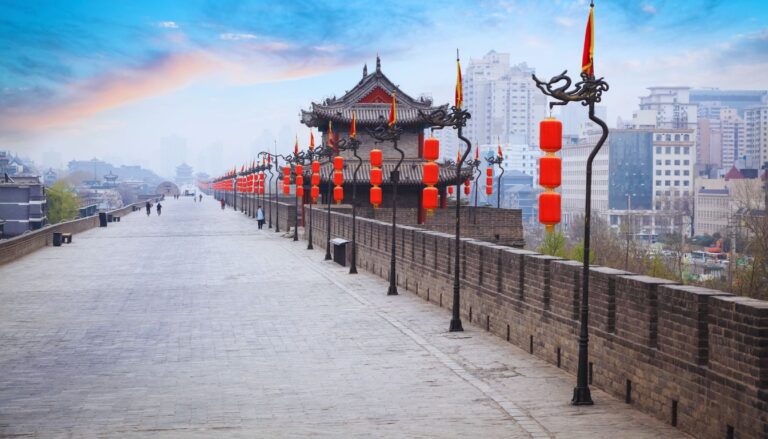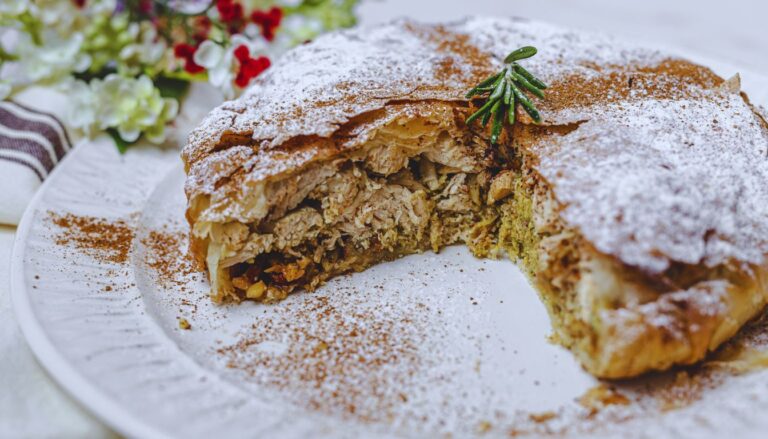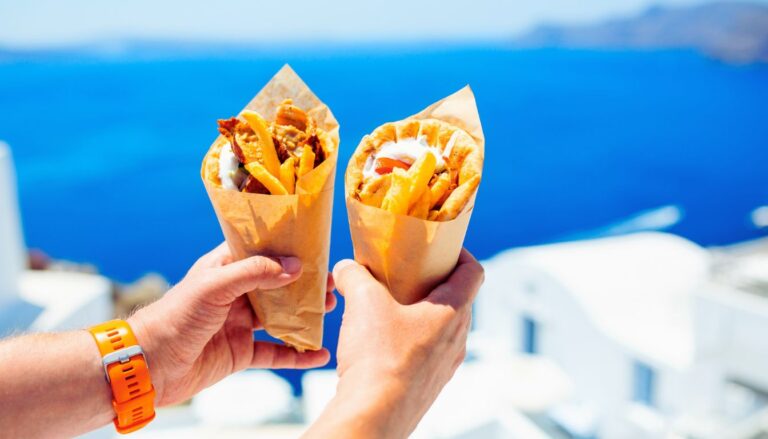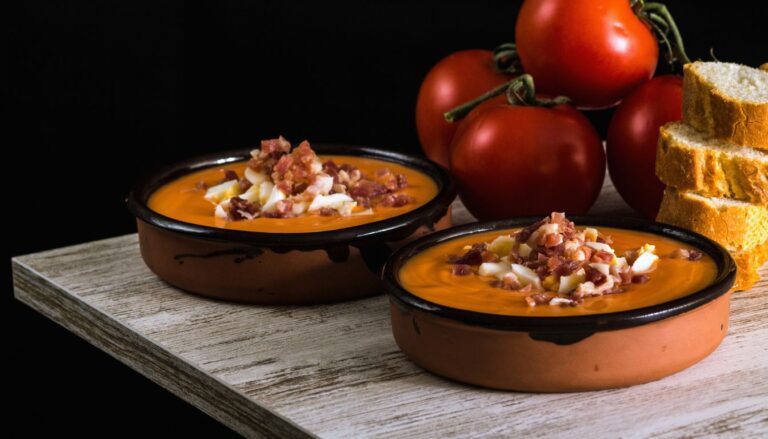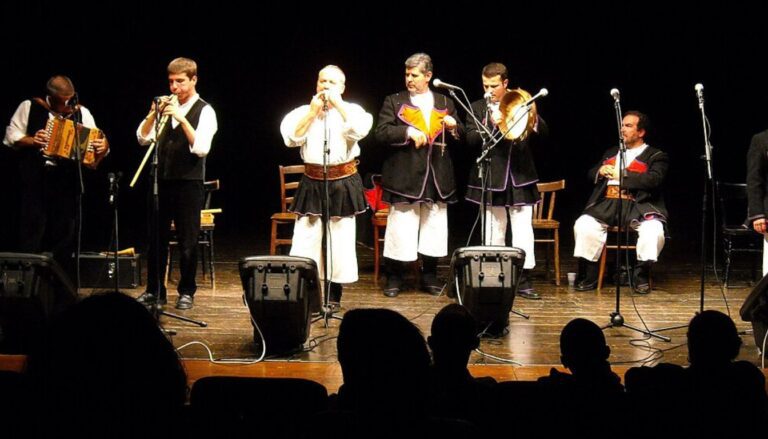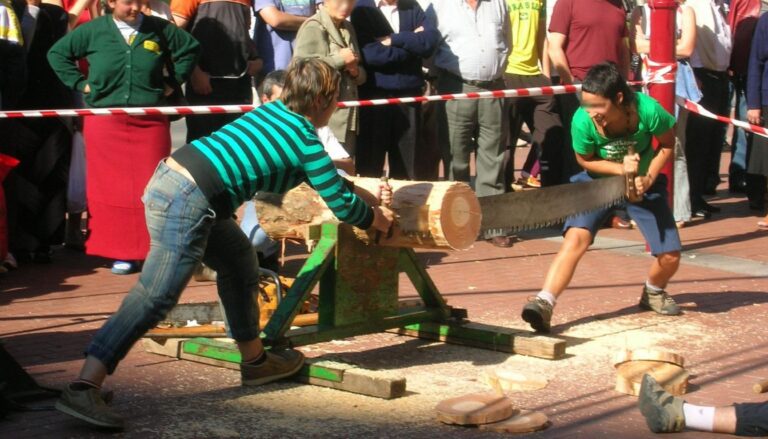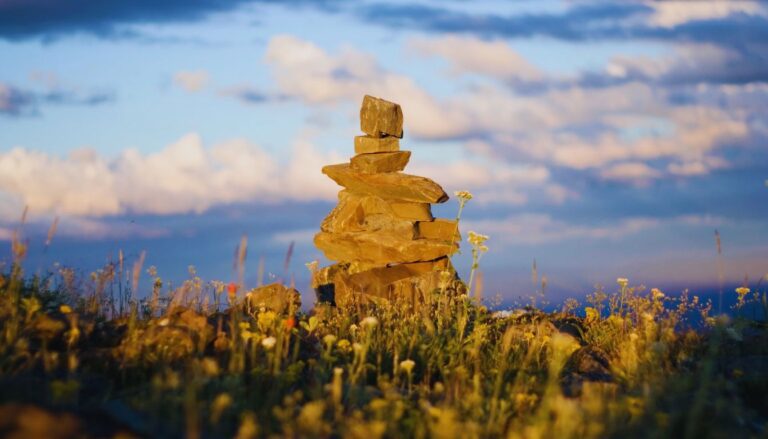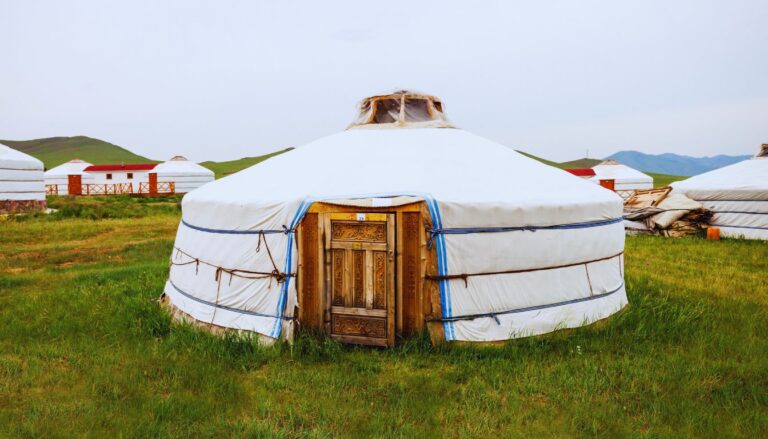Salvador, Brazil
Welcome to Salvador, the soul of Brazil and birthplace of Afro-Brazilian culture. This vibrant coastal city, the first capital of colonial Brazil, pulses with the rhythms of drums, the aroma of African-influenced cuisine, and the energy of its warm-hearted people. Here, where colonial Portuguese architecture meets African traditions, every corner reveals a story of resistance, celebration, and cultural synthesis.
This guide reveals local secrets and cultural treasures, transforming your visit into a memorable journey.
Table of Contents
Best Places to Visit
- Pelourinho: UNESCO World Heritage historic center
- Mercado Modelo: Traditional craft market in historic building
- Igreja do Bonfim: Famous church with sacred ribbons
- Solar do Unhão: Historic complex housing Museum of Modern Art
- Dique do Tororó: Lake with African orixá statues
- São Francisco Church: Opulent gold-laden baroque church
- Elevador Lacerda: Iconic art deco elevator connecting upper and lower cities
Must-Visit Cultural Landmarks
- Casa do Rio Vermelho: Jorge Amado’s house museum
- Fundação Casa de Jorge Amado: Cultural center dedicated to the famous author
- Pierre Verger Foundation: Photography and Afro-Brazilian culture center
- Terreiro de Jesus: Historic square with important churches
- Museum of Sacred Art: Religious art in former convent
- Forte de Santo Antônio da Barra: Historic lighthouse and maritime museum
- Casa do Carnaval: Museum dedicated to Salvador’s Carnival
Cultural Insights & Traditions
Salvador’s culture is deeply rooted in African heritage:
- Candomblé: Afro-Brazilian religious traditions
- Capoeira: Martial art developed by enslaved Africans
- Samba de Roda: Traditional dance and music circles
- Orixá Worship: African deities in local culture
- Bahian Cuisine: African-influenced local gastronomy
- Tuesday Blessings: Weekly cultural celebration
- Carnival: Unique African-influenced celebration
Top Cultural Experiences
- Watch a capoeira roda (circle) performance
- Take African cooking classes with local chefs
- Experience a Candomblé ceremony (with permission)
- Join a percussion workshop with local musicians
- Attend a Samba de Roda circle
- Learn Bahian dance movements
- Visit a traditional terreiro (religious house)
- Experience Tuesday night festivities in Pelourinho
- Join a moqueca cooking class
- Participate in Carnival blocos
Best Time to Visit
Salvador offers year-round cultural experiences:
- Summer (December-March): Carnival season, festivals
- Winter (June-August): Milder temperatures, cultural events
- Spring (September-November): Pleasant weather, fewer crowds
- Fall (April-May): Post-carnival recovery, authentic experiences
Festival Highlights:
- Carnival (February/March)
- Festa de Iemanjá (February 2)
- São João (June)
- Festa do Bonfim (January)
- Festival of Santa Bárbara (December)
How to Get Around
- Uber: Safe and reliable
- Public Buses: Extensive network
- Historic Elevator: Between Upper and Lower City
- Walking: Best in historic areas
- Tips:
- Use ride-sharing apps at night
- Take the scenic elevator route
- Be cautious in isolated areas
Where to Stay
- Pelourinho: Historic center, cultural immersion
- Barra: Beach access, modern amenities
- Rio Vermelho: Bohemian neighborhood, nightlife
- Itapuã: Quieter beach area
- Santo Antônio: Historic area with local feel
- Tips:
- Book heritage hotels in Pelourinho
- Consider noise levels during festivals
- Check proximity to cultural sites
Best Places to Book Your Trip
Planning your dream trip is easy with trusted travel platforms. To secure the best deals on flights, accommodations, and tours, check out:
- Booking.com: Offers a wide range of hotels, apartments, and hostels to suit every budget.
- GetYourGuide: Book unforgettable experiences like guided tours, cooking classes, and fast-track passes.
- Expedia: A great platform for bundling flights, hotels, and car rentals for a seamless booking experience.
- Skyscanner: Perfect for finding the best deals on flights.
Pro Tips for Visitors
- Learn basic Portuguese phrases
- Respect religious traditions
- Ask permission before photography at ceremonies
- Try local street food safely
- Wear comfortable walking shoes
- Carry cash for local markets
- Book cultural tours with local guides
- Stay hydrated in tropical climate
- Respect dress codes at religious sites
- Time visits around cultural events
- Join Tuesday night celebrations
- Book Carnival accommodation early
- Try different types of acarajé
- Learn about orixás before visiting temples
- Support local artisans
Immerse yourself in Salvador’s intoxicating blend of African, Portuguese, and indigenous influences, where every drum beat tells a story and each ritual carries centuries of tradition. From the colorful facades of Pelourinho to the spiritual energy of Candomblé ceremonies, this magical city offers a journey into Brazil’s soul that will forever change your understanding of cultural resilience and celebration.
Traditional Acarajé of Salvador: A Local’s Guide to Authenticity

